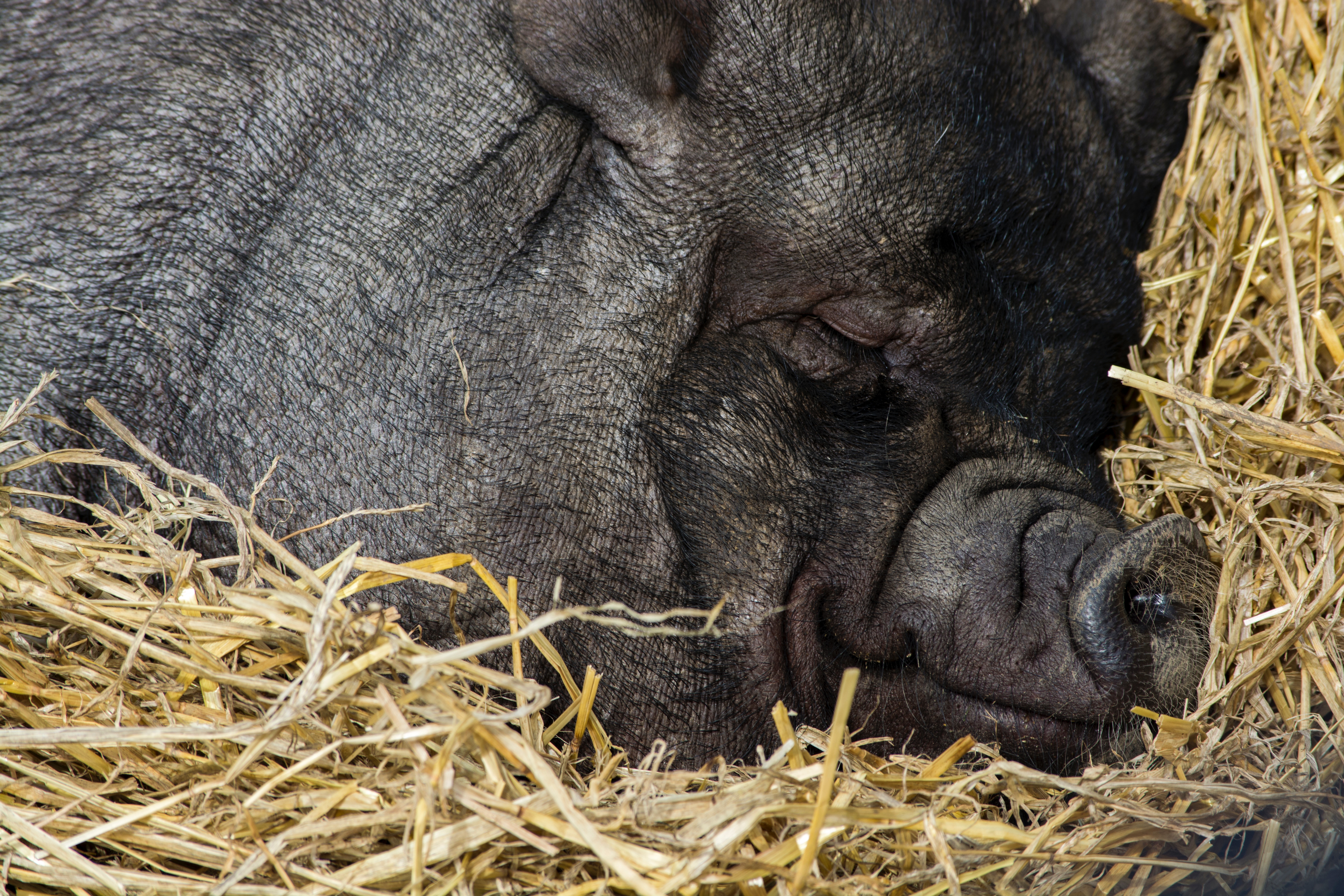The other day, a friend of mine shared a Haitian proverb with me that her mother often uses: “Se grès kochon ki kwit kochon.”
Translation: “It’s the pig’s own fat that cooks it.”
I love trying to figure out the meanings of proverbs; they’re like riddles. So I thought about it for a few seconds, then laughed. Clearly this proverb expressed the irony that each of us carries within ourselves the potential for our own destruction.“So your mom was saying that you’re your own worst enemy!” I was pleased at myself for having figured it out so quickly.
But it was my friend’s turn to laugh. “No, she meant that it’s important to be self-sufficient. Like, if you want to get something done, it’s best to rely on your own resources. Your own ‘fat,’ so to speak.”

“Se grès kochon ki kwit cochon.” Photo: Jon Butterworth
In my interpretation, I identified with the pig. But now that I think about it, a Haitian person would probably relate more to those who’d like to eat the pig. And from that perspective, the pig getting cooked in its own fat is a positive thing!
This proverb, like most, could probably be interpreted differently in various situations. But there will almost always be a primary meaning that’s deeply entrenched in Haitian culture. That meaning is rarely going to be evident to a non-Haitian who is learning Creole as a second language. But that’s what makes taking the time to study Creole proverbs so important — by doing so, you’ll end up learning much more than vocabulary.
Take another proverb: “Mache, chache pa janm dòmi sans soupe.”
Translation: “Those who walk and search will never go to bed hungry.”
My knee-jerk reaction is to assume that this one means, “If you put in the necessary time and effort, you’ll find success.” But that’s actually a pretty naive, characteristically American way of looking at it. In Haiti, this proverb is never used in a positive context. Its real meaning is more along the lines of “Those who go looking for trouble are sure to find it.” After all, just because someone has found something to satisfy their hunger doesn’t mean they’ve found a good thing.

Studying Creole proverbs gives you a window into how Haitians think and express themselves. Photo: Tamarcus Brown
The next time you come across a Haitian proverb, think about what it means to you. Then try looking it up to see if there’s another meaning you didn’t catch. Taking the time to do this is a good way to develop an understanding of a culture and mentality that might be different from your own. And with better understanding comes better communication!
Written by Megan Pearson on February 23, 2018

